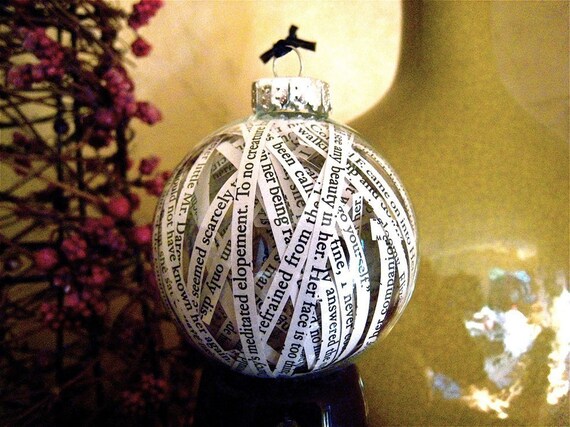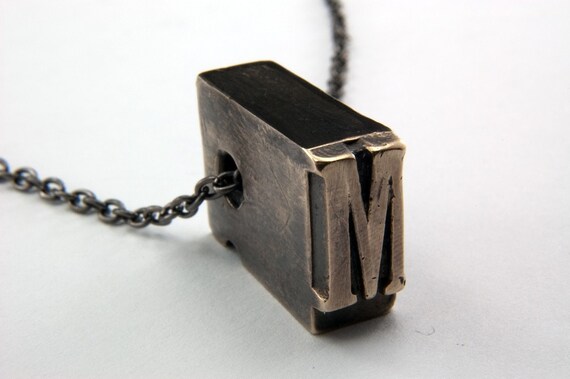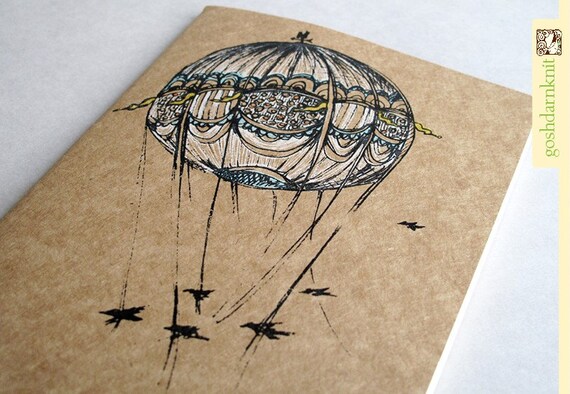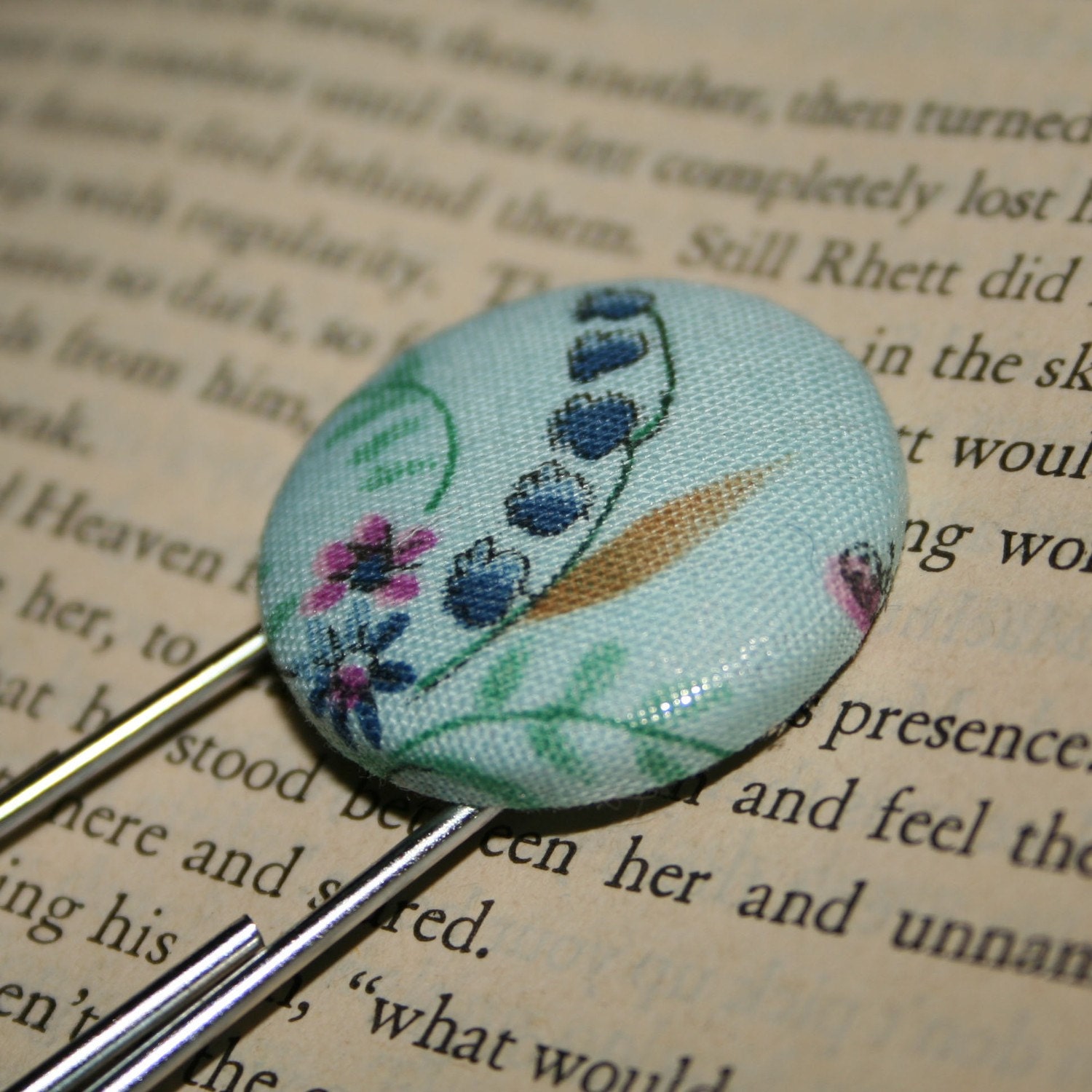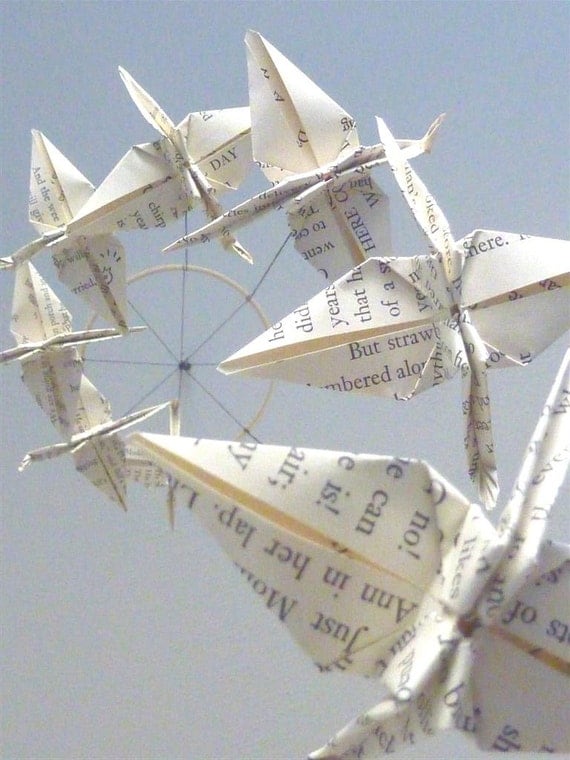
Author: Beverly Cleary
Pages: 352
Published: 1996 HarperCollins
My Rating: 4 stars
It could be that the difference between Junie B. Jones (Barbara Park) and Ramona Quimby (Beverly Cleary) is simply a generational preference, although I--being from the older generation--would beg to differ.
Certainly, there are similarities: young, sassy, misunderstood girl goes through a series of humorous, humiliating circumstances. I own both series, my daughters have enjoyed both series, and I'm pretty sure my mom has disliked both series.
The generational quandary enters because I think my mom views both Junie B and Ramona as I view Junie B (but not Ramona): impertinent, disrespectful and irritating.
Before Sara Crewe (A Little Princess) or Laura Ingalls became my friends, there was Ramona: showing me that I wasn't the only misunderstood one out there. No, I didn't get myself into quite as many scrapes as she did, but there was something comforting in the fact that other little girls were good, but misunderstood.
I mention all this because your feelings on Ramona Quimby will absolutely affect your feelings on Beverly Cleary herself. A Girl From Yamhill is Beverly Cleary's memoir, from her earliest memories on her father's farm, to graduating high school during the Great Depression. As in her children's books, Cleary's writing is simple and easy to read. It was fun to learn about all the experiences that influenced her writing, and was also a great account of life in the early part of the 20th century.
is Beverly Cleary's memoir, from her earliest memories on her father's farm, to graduating high school during the Great Depression. As in her children's books, Cleary's writing is simple and easy to read. It was fun to learn about all the experiences that influenced her writing, and was also a great account of life in the early part of the 20th century.
 The account of Cleary's life is continued in My Own Two Feet
The account of Cleary's life is continued in My Own Two Feet





